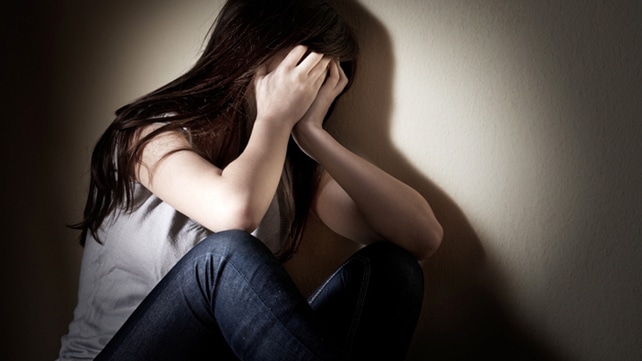Regardless of age, gender or race, mental disorders can affect anyone.
There are millions who suffer from mental illness, but women are more likely to suffer from some particular mental illnesses. And figures in Australia show that women suffered double the amount of men from menatl illness last year.

Women have lower serotonin levels, and they process this a lot slower than men. This is a main factor for mood swings.
Sociocultural influenes and beliefs in women can also affect mental health. Women have always been known as the subordinate and weaker gender. Having to have a career and being a primary care-giver to children and the elderly can put a lot of stress onto a woman – which can lead to depression and panic attacks.
Women are sexualised throughout western society. Just look at Hollywood, movies television, magazines, social media…even 18-year-old girls are habing breast augmentation…because of the way the world is.
We haven’t yet touched on violence against women and sexual abuse. Most sexual abuse doesn’t even get reported.
But the following fact is a strange one: ‘Women are 2 to 3 times more likely to attempt suicide, although 4 times more men die from suicide’. – I suppose that could mean that men don’t complain as much as women when they are feeling low and depressed.
On the whole, women will report an illness more than men.
As said at the very top of this article, ‘regardless of age, gender or race, mental disorders can affect anyone’.
So men should start complaining more…not that they don’t already complain enough…us girls all know what man-flu is, don’t we.
by Susan Floyd



